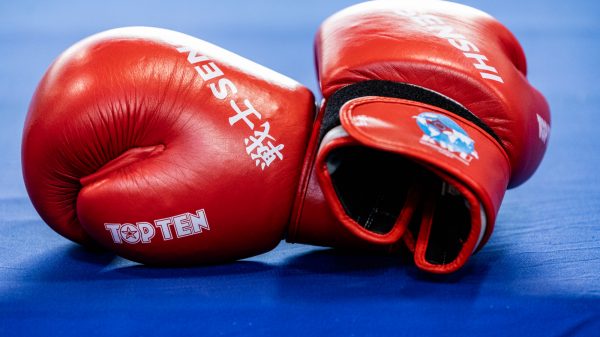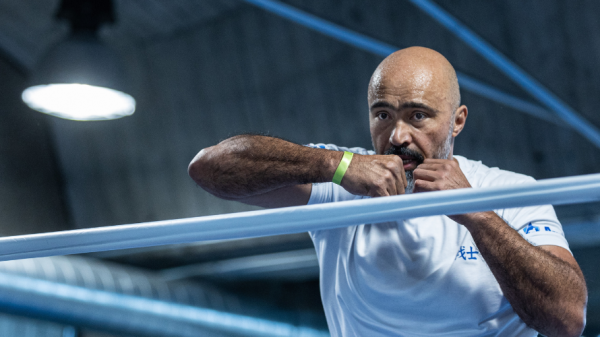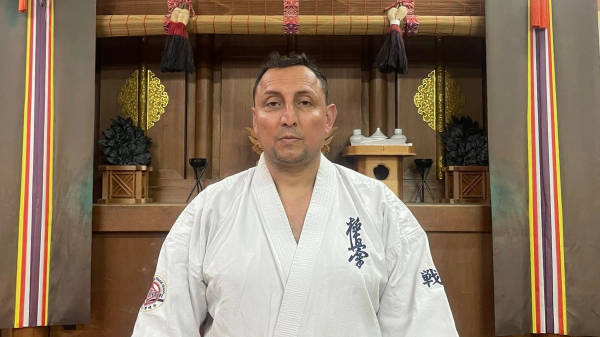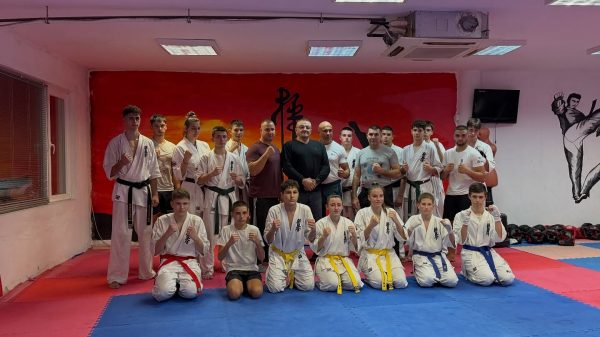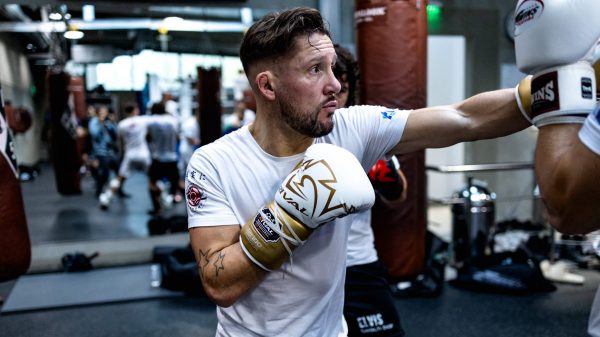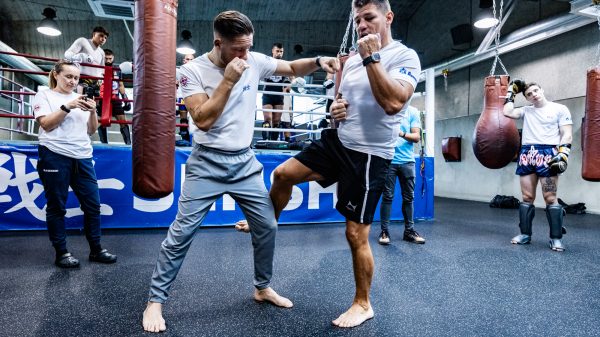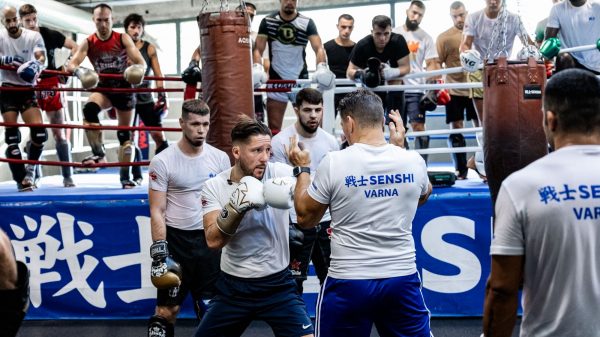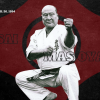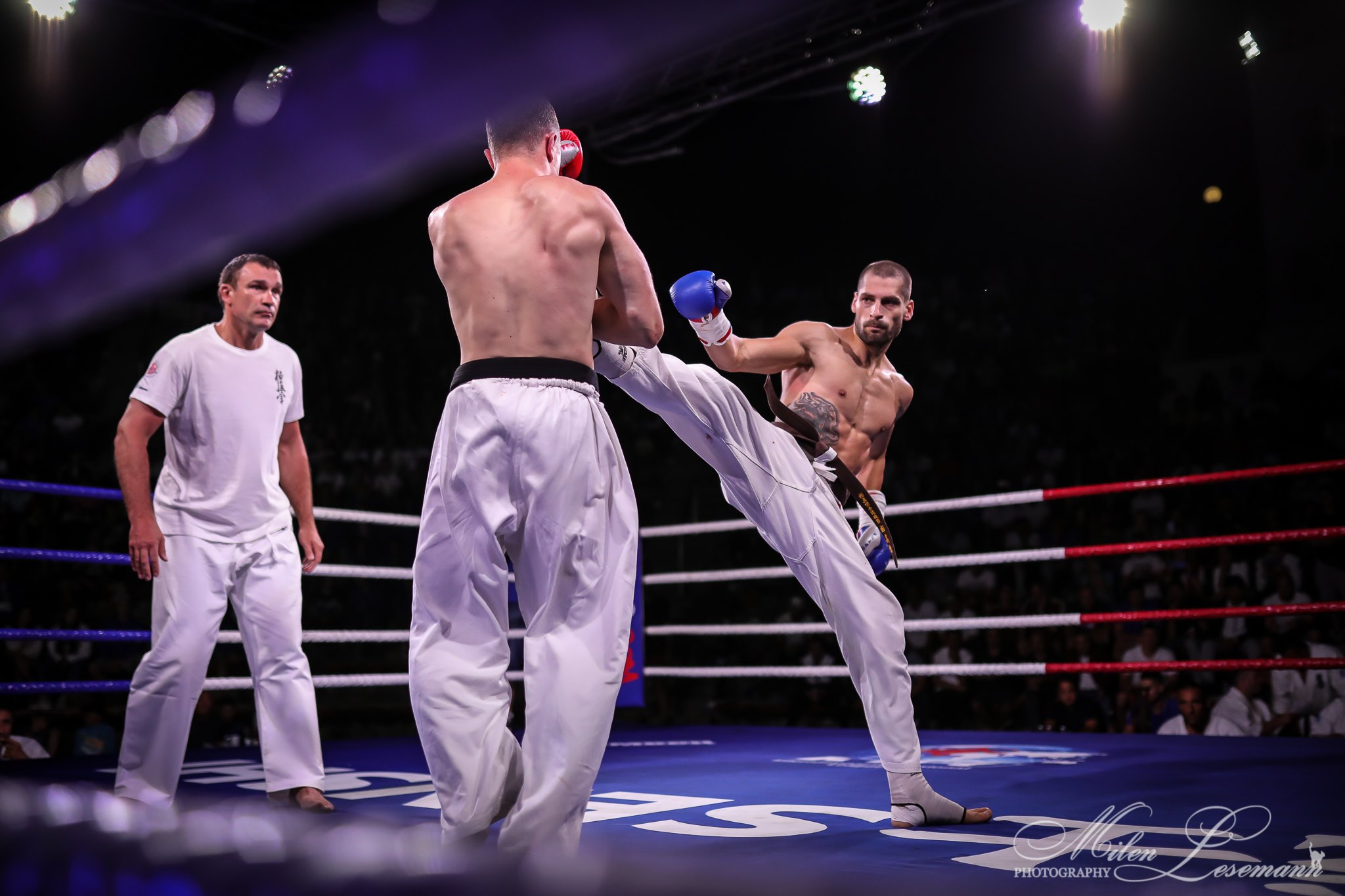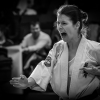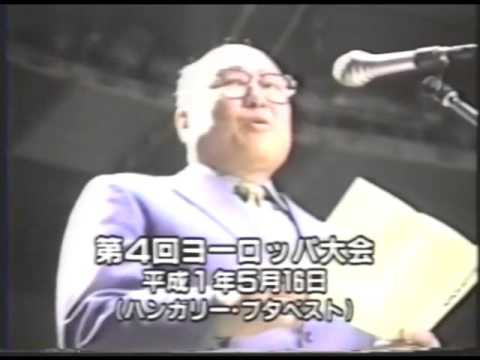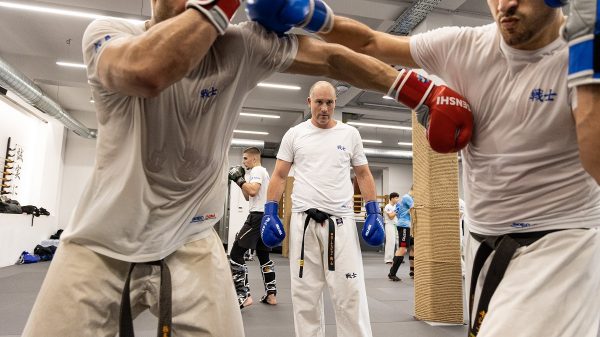By Justin Dixon
Respect can be a difficult thing to actually describe – if you take a literal interpretation it means to offer an individual, a place, or even a thing, a positive feeling of esteem or deference and then conveying this feeling in certain actions, words, or gestures. But where does it fit in on the mat or maybe, more importantly, in a competition? Does respecting your opponent in a match really provide you – or the other competitor – with anything of worth?
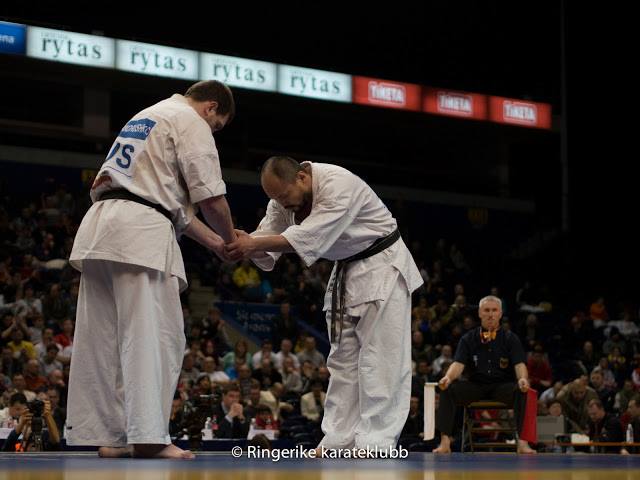
Photo by Svein Olaf Bennæs
Most definitely!
What then?
A military general from antiquity might well have pondered that not to show respect to your enemy courts danger and thereby the possibility of defeat…
A clue here?
As a competitor, you have some choices on how you regard your opponent. You can purely regard them as an obstacle you have to overcome – this could be called a neutral approach. You can view them with some measure of disdain and try to use this to fuel your performance – this could be termed a negative approach. Or, you could view them as a fellow competitor who has, as you have done, entered the competition to test their skill and try to win – we can call this a positive approach – a respectful approach if you want.
Can you discern a pattern here?
If you adopt a neutral approach you run the risk of being under aroused – of not really focusing on what the other opponent has to offer in terms of their performance. The neutral approach doesn’t really have a place in top-level competition because the competitors will certainly be aware of what the others can do and should have prepared accordingly with some form of match plan that works to their best advantage when competing against a known fighter with a certain set of skills.
The negative approach is the one that rewards you the least. It puts you at a disadvantage, to begin with, because it stands a much higher chance of pushing you into an over-aroused state of mind and as we should now know (check my last article) this can lead to a drop off in your performance level.
A positive approach may help get you into the zone you need to be in to effectively perform but we are trying to respect our opponent, not be in awe of them, and there is a big difference. You can respect another competitor but also be able to take the fight to them following your strategy and using your game plan, executing the moves you know you can pull off. Having a healthy measure of respect will also guard against you underestimating your opponent, which could lead to an upset. If you view them neutrally or with disdain then you run the risk of underestimating what they bring to the mat. Remember they entered the competition just as you did which means they want to get on the mat and test themselves – the fact they have done this should get some acknowledgment.
If we take a quick look at MMA and boxing, sometimes before a big event the two fighters concerned will begin a ‘trash talking’ dialogue, using media moments to disrespect each other, sometimes using really strong derogatory and inflammatory language. Why do they do this?
Three reasons spring to mind;
1) They genuinely do dislike each other and are using the media to telegraph their mutual dislike.
2) They are trying to gain an advantage by seeking to upset or off-center their opponent.
3) They are engaging in a mutually agreed ‘hype’ process to stimulate interest and thereby increase monetary profit from the fight.
Or it could be a combination of all three…
Each of the three reasons diminishes the integrity of the fight and ultimately of the fighters themselves. When we talk about or discuss respect in this context we are also talking about integrity. Integrity and respect are closely interlinked with each other. Integrity is a quality of character – you might call integrity the modern version of honor which ultimately means you are a person of your word – if you say you will do something then you will. Someone that freely gives respect to another, based upon their judgment and appraisal, I would argue tends to have a healthy amount of integrity.
Issues in a sporting context of respect and integrity are part of a wider realm of ethics in sport. Fair play and following the rules are important if we as competitors are to retain our integrity, which is a measure of how we regard ourselves and want others to regard us. Winning is important as it’s one of the reasons why anybody enters any type of sporting competition, but should we aim to win at any cost? I would rather win fairly and squarely than by using spurious methods to increase my chances of winning because if I win or lose fairly I maintain my integrity and that is as important to me as actually winning.
This view is not shared by everybody involved in high stakes sporting competition especially when that competition blurs into business, as we see in professional sport. Other athletes and coaches in other sports view winning as the only goal and will use any method -including those outsides of the established rules – to win. Whilst they might win, they ultimately lose their integrity and if found out will lose most, if not all, of the respect and esteem they may have held before.
In one of the recent main UFC events in Japan two fighters failed drug tests, one reportedly for banned stimulants. These guys are professionals who earn their living from fighting – whether for sport or for gladiatorial competition/entertainment (which is what I would argue the UFC is – I’m not sure I’m comfortable calling it ‘sport’), rules and guidelines to ensure fairness should be respected. When the stakes are high, integrity and mutual respect often get overlooked.
What sort of competitor are you?
One with integrity?
Or one who would win at any cost?
And if you are the latter are you truly comfortable with that?



